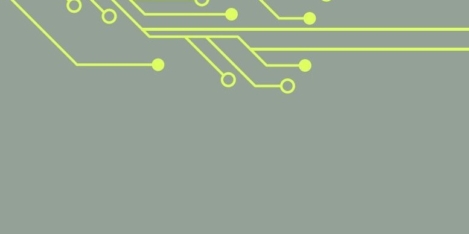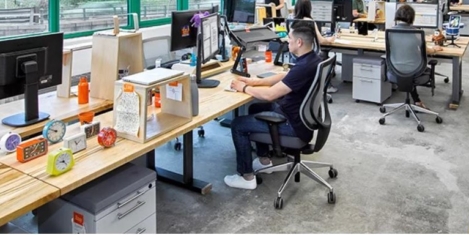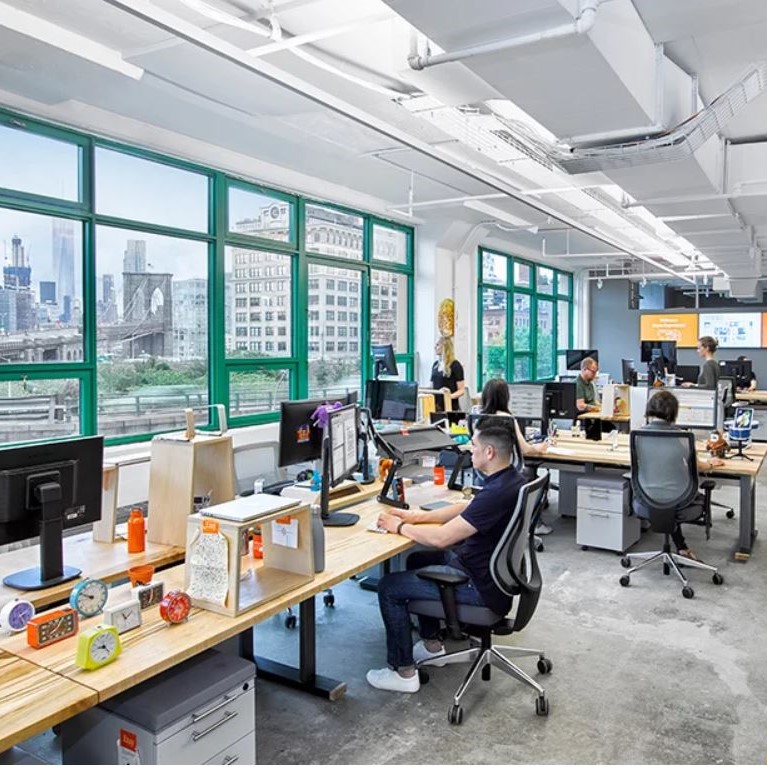To provide the best experiences, we use technologies like cookies to store and/or access device information. Consenting to these technologies will allow us to process data such as browsing behaviour or unique IDs on this site. Not consenting or withdrawing consent, may adversely affect certain features and functions.
The technical storage or access is strictly necessary for the legitimate purpose of enabling the use of a specific service explicitly requested by the subscriber or user, or for the sole purpose of carrying out the transmission of a communication over an electronic communications network.
The technical storage or access is necessary for the legitimate purpose of storing preferences that are not requested by the subscriber or user.
The technical storage or access that is used exclusively for statistical purposes.
The technical storage or access that is used exclusively for anonymous statistical purposes. Without a subpoena, voluntary compliance on the part of your Internet Service Provider, or additional records from a third party, information stored or retrieved for this purpose alone cannot usually be used to identify you.
The technical storage or access is required to create user profiles to send advertising, or to track the user on a website or across several websites for similar marketing purposes.
 Eighty five percent of employers think demand for flexible working is likely to increase, with demand coming from across the board, but over four in 10 would like more support to implement it, according to a workingmums.co.uk survey. The results of the survey of around 200 employers are interesting in light of current policy discussions about flexible working which tend to focus on forcing employers to flex more by advertising jobs that are flexible from day one and enforcing employees’ flexible working rights. (more…)
Eighty five percent of employers think demand for flexible working is likely to increase, with demand coming from across the board, but over four in 10 would like more support to implement it, according to a workingmums.co.uk survey. The results of the survey of around 200 employers are interesting in light of current policy discussions about flexible working which tend to focus on forcing employers to flex more by advertising jobs that are flexible from day one and enforcing employees’ flexible working rights. (more…)


































November 12, 2019
Uber Works may not be as good for workers as it is for businesses
by Shainaz Firfiray • Comment, Flexible working, Technology